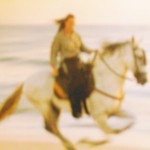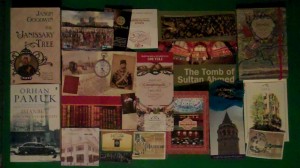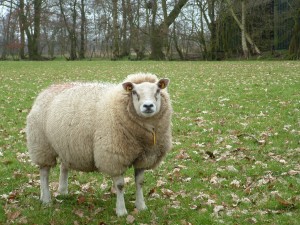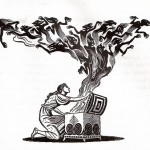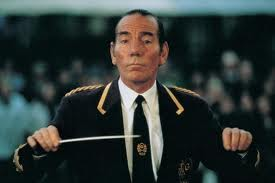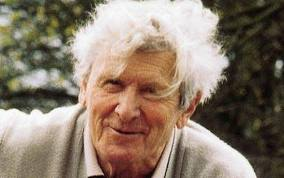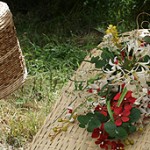 Easter holidays; no bus trips to college and time to do some serious wordage. One thing I have learnt is you’ve got to have form ( no, not that sort). Think of a garden – it can be colourful, jam-packed with plants but it won’t impress the Yellow Book judges much if the hard landscaping’s all to pot. That’s certainly how I used to garden – and my writing is still a bit that’s good- bung-it-in-and-hope-for-the-best.
Easter holidays; no bus trips to college and time to do some serious wordage. One thing I have learnt is you’ve got to have form ( no, not that sort). Think of a garden – it can be colourful, jam-packed with plants but it won’t impress the Yellow Book judges much if the hard landscaping’s all to pot. That’s certainly how I used to garden – and my writing is still a bit that’s good- bung-it-in-and-hope-for-the-best.
One antidote to splurging is looking how other people do it. I had a spot of ironing to do, so I popped on Radio 4 and listened to ‘On Mardle Fen’. I scribbled down notes on the structure in between pressing Gorgeous Hubby’s poplin shirts and the posh tea-towel. There were plenty of mini-dramas including finding the remote restaurant, kitchen disputes and a runaway daughter – but one overarching familial drama. A big feature that holds it all together, like a wall round a vegetable garden, or a central fountain, definitely creates an effective structure.
An external event can be a good device – the count-down to a wedding, for example or that highlight of East Wittering’s year: the opening of the refurbished Co-op. It doesn’t take too much imagination to realise how many mini-stories are possible with so many people involved. What about the reporter with the comedy cardboard scissors, the football coach holding the giant cheque, or one of the fitters looking down from the roof? And it wouldn’t have to be limited to the contemporary: think of the excitement of the first supermarkets arriving, or the fuss the Victorians made opening a shop.
But, of course, all these possibilities lead off in different directions. You can follow your protagonist and secondary characters wandering off along all sorts of paths. And where’s your planning, your pre-formed structure then? Back to the venerable Plotter v Pantser debate.
I’m trying Plot-the-Big-Stuff and Wing-the-Details at the moment. It feels like herding cats – or trying to control couch grass.


